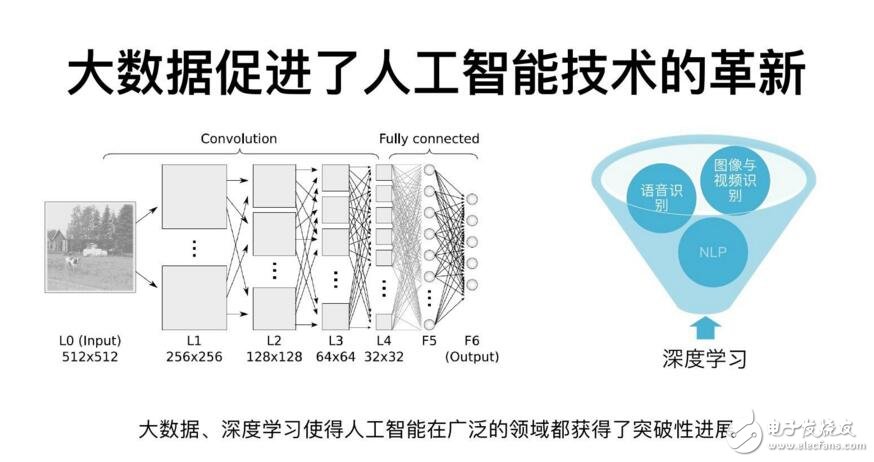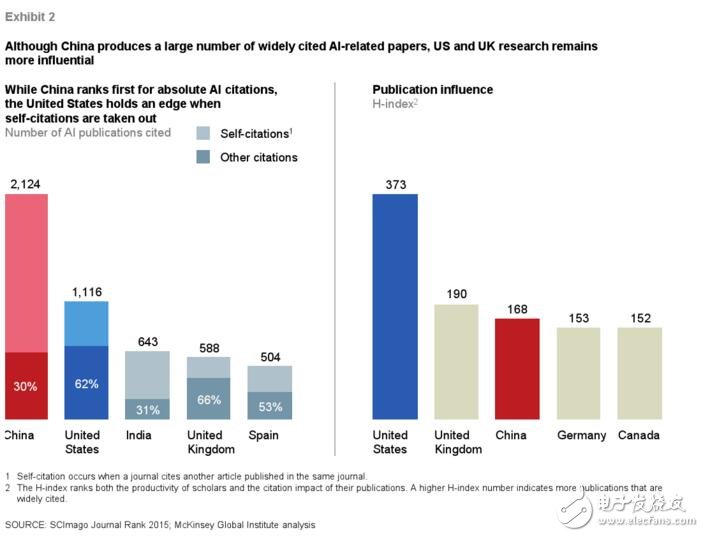The AI's own capabilities are exciting and have great potential to improve human life by improving health, the environment, security and education. At the same time, AI also mixes complex ethical, legal, and security issues with privacy, discrimination, trust, and regulation. As AI is introduced into society, it should be more prudently governed.
While the market itself will drive the development and adoption of AI, the right policy framework can create a healthy environment for growth.

There are five important initiatives that form the basis of the Chinese AI strategy:
1. Establish a sound data ecosystem;
2. Promote the adoption of AI by traditional industries;
3. Strengthen professional AI talent management;
4. Establish education and training systems for challenges;
5. Establish a moral and legal consensus between Chinese citizens and the global community.
The technology industry is increasingly global. China has the ability and opportunity to lead international cooperation in the development and governance of AI to ensure that this breakthrough technology makes a positive contribution to the universal well-being of all mankind.
The road to change
Computer scientists have made major breakthroughs in machine learning and deep learning, providing cognitive and predictive capabilities for machines. Today, these systems are already deployed in the real world.

AI is defined as a machine that mimics the cognitive functions normally associated with the human mind. This concept has long been considered to exist only in imagination and science fiction. After some preliminary theoretical progress in the 1950s and 1960s, the optimism surrounding it began to rise. But that wave of power is facing technical obstacles.
As the public's expectations for AI shattered, the AI ​​at the time experienced a long period of bleakness. Over the next few decades, people succeeded intermittently (such as IBM's "Deep Blue" supercomputer defeating Gary Kasparov in chess), but real-world use cases are too isolated to support large-scale commercialization.
Enter the 21st century. The collection and aggregation of data, breakthroughs in computing power and algorithms (especially machine learning) have brought revolutionary technological advances. In a landmark event that has received much attention, Google's AlphaGo defeated the Human World Championship on Go, which was traditionally considered a machine that could not be done.
However, in the field of AI, progress has not only occurred at the theoretical level. The use of machine learning analysis tools is the predecessor of future super-intelligent systems, many of which have already appeared on the market. Adoption in the areas of finance, healthcare and manufacturing is growing rapidly. Global AI venture capital funding increased from $589 million in 2012 to more than $5 billion in 2016. McKinsey estimates that by 2025, the total market for AI applications will reach $127 billion.
Oil-immersed Distribution Transformer, its HV level is 20kV, LV is 400V, its capacity is 2500kVA and below. Generally installed on the pole or in the distribution room, for lighting or power supply, three-phase power supply, fully sealed tank structure, to ensure the transformer safe and reliable operation.
20Kv Transformer,20Kv Distribution Transformer,20Kv Oil Immersed Transformer,High Quality 20Kv Transformer
Hangzhou Qiantang River Electric Group Co., Ltd.(QRE) , https://www.qretransformer.com